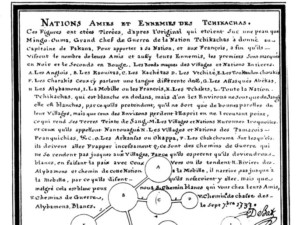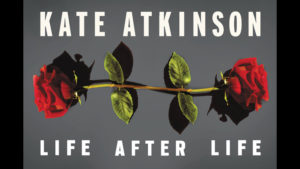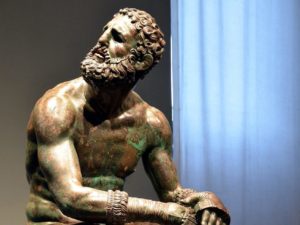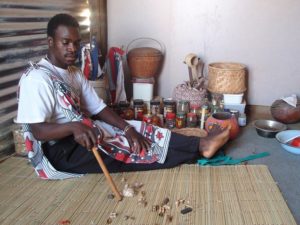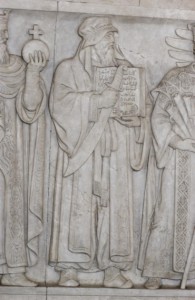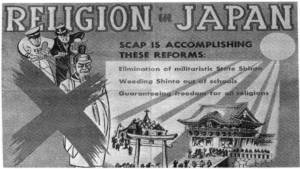
Health, Wealth, & Spiritual Warfare: The UCKG from Brazil to Australia
Get a global perspective on the Universal Church of the Kingdom of God (UCKG), whose Australian branches were discussed in our recent episode with Dr. Kathleen Openshaw.
Describing the UCKG as a leader in a global Pentecostal vanguard influencing the Catholic Church, respondents Professor Andrew Chesnut and Dr. Kate Kingsbury outline how the UCKG’s focus on health, wealth, and spiritual warfare have been critical to its success with migrants in Australian and around the world.




